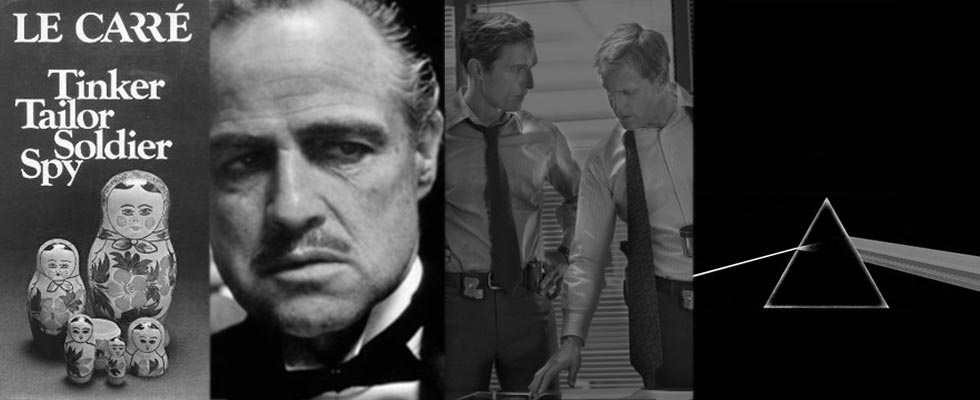There is a ceaseless complaint from numerous insiders that movies continue to get progressively worse. Overall this is true, but to believe this is a recent malaise is a myth. Bad Cinema has been an embarrassment for more than 20 years, when Hollywood ran out of ideas and pivoted, hoisting massive budgets on comics while bowing to China and other overseas markets. Beyond a few exceptional art house films, the Chinese, like what remains of our own movie-going public, are more than happy to gobble up the heroes in ball-destroying tights, transforming machines gone wild, and the ludicrous double “F” car chase genres. All of which translate seamlessly, if not artistically, to the diminutive screens of an IPhone or tablet.
This is the non-discerning viewer the industry has happily served since the Millennium, and despite cries of poverty, it hasn’t gone broke doing it. The dark suits hidden behind tinted windows on studio lots will quietly blame the scripts, which like the movies they spawn, aren’t what THEY used to be either. This should be obvious to anyone paying attention, or with a BPM above 35.
In the 90’s, narcissism became an emotional accessory, revered by talk show hosts sitting before adoring plebes to convince them (read that Brainwash,) into accepting they were perfect as is. The need and ability to strive took on a negative interpretation. If you weren’t enabling, you weren’t helpful.
Hollywood took this as gospel, got fat and lazy, and began emphasizing and developing comic books, graphic novels, demented children’s fare and dopey, sexually confused comedies. In other words, flicks that were easy, cheap, and didn’t require moral or emotional subtlety. The big screens were also losing a great deal of behind-the-camera talent to television, where writers and show runners could stretch a narrative over 8-10 episodes, sometimes ponderously so.
Once entertainment hit phones full scale, and apps took center stage, it was game over.
In terms of narrative and craft, technology has led to a predetermination of genius. Younger industry types don’t feel the need to study, or even watch older movies. Because they’ve been coddled since inception, they step out of their Prius, IPhone in hand, convinced they can write, produce, and shoot a memorable film. (All they really need is a charger and an app for editing.) A peak at the sheer amount of so-called releases every weekend would tend to bolster the argument. Yes, they can cobble images together. But are they worth 18 bucks and two hours of our time?
The problem with the pampered generation of followers weaned on the message of those destructive talk show gurus and other snake-oil types, is they have never heard someone say no. True creativity is lost in the vast alternate reality of social media, internet bluster and outright laziness. Where are the curios and thoughtful directors, producers, and editors, who sweat blood and leave so much of themselves in the scene or page that doesn’t make the cut? They too have been corrupted, knowing that any seat at the table is better than none at all. No one wants to be the maverick pissing outside the tent. Not anymore. Remember that these are what pass for the creative class these days. And they can’t send their kids to private schools writing spec scripts.
Fear has become America’s dark equalizer, and great films have become one of the casualties. And that should matter, even if for most, it becomes yet another question of “why bother?”


